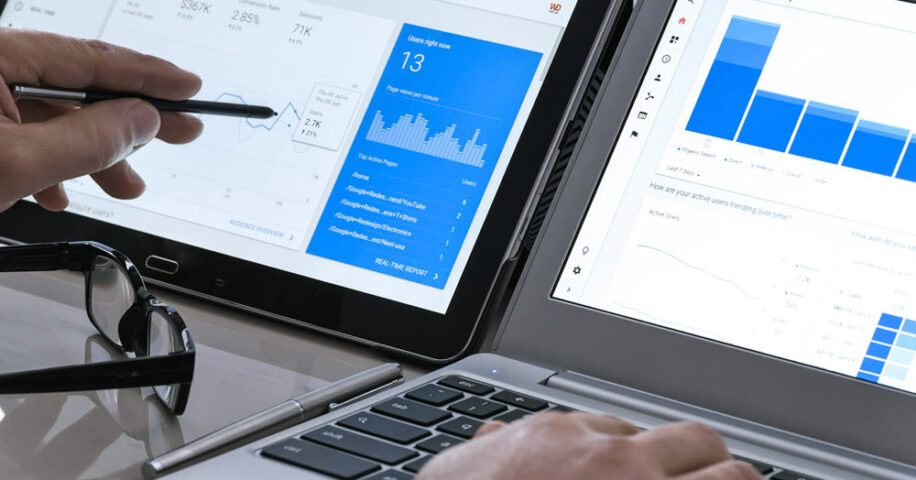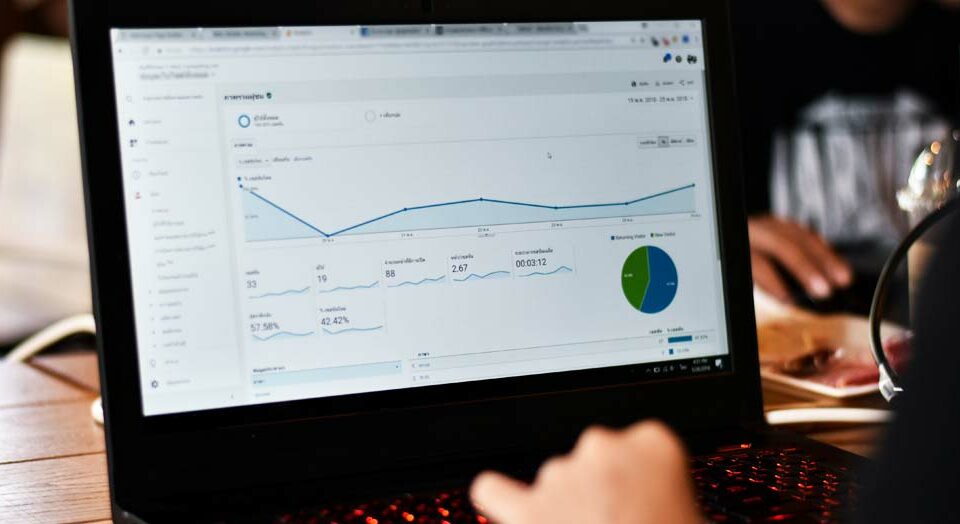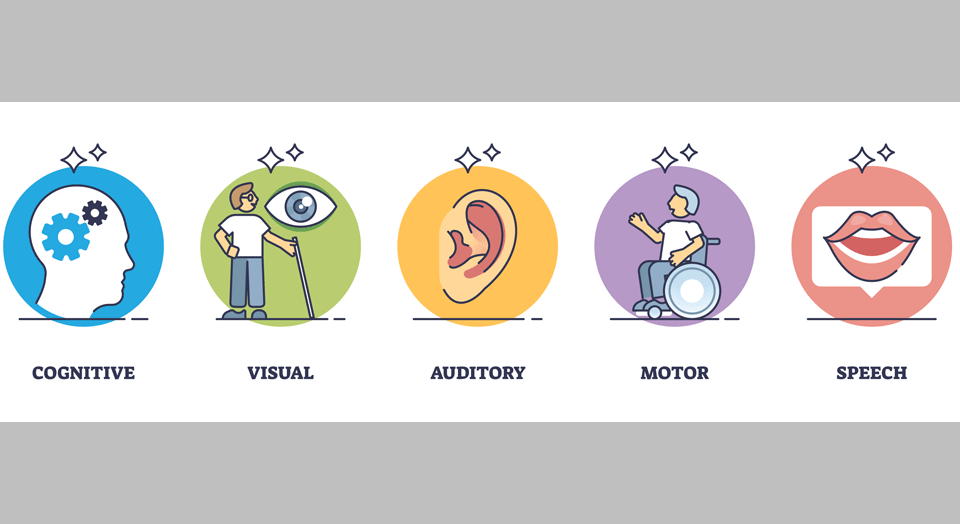
10 Strategies to Incorporate Promotional Products Into Your Nonprofit Fundraising
January 13, 2024
Boost Your Open Rates: 8 Smart Tips to Create Compelling Email Subject Lines
January 24, 2024What SEO Metrics Are the Most Important to Track?

Search Engine Optimization (SEO) is a crucial component of any online marketing strategy. By optimizing your website for search engines, you increase the likelihood of your site ranking higher in search engine results, which can lead to increased traffic and potential customers. However, with so many different SEO metrics available, it can be challenging to know which ones are the most important to track. Here, we’ll explore some of the key SEO metrics that you should be focusing on.
1. Organic Traffic
Organic traffic refers to visitors who come to your website as a result of unpaid search results. It is one of the most important metrics to track because it directly reflects the effectiveness of your SEO efforts. An increase in organic traffic generally indicates that your website is gaining visibility on search engine results pages (SERPs).
2. Keyword Rankings
Keywords are the terms that users type into search engines when they are looking for information. Tracking the rankings of your targeted keywords helps you understand how well your site is performing for specific search queries. This can inform your content strategy and help you identify areas that need improvement.
3. Click-Through Rate (CTR)
CTR is the percentage of users who click on your website after seeing your listing in the search results. A high CTR indicates that your page title and meta description are compelling and relevant to search queries. Improving your CTR can lead to more traffic and potentially higher rankings.
4. Bounce Rate
Bounce rate is the percentage of visitors who navigate away from your site after viewing only one page. A high bounce rate might suggest that your content is not relevant to the user’s needs or that your website is not user-friendly. Reducing your bounce rate can improve user engagement and contribute positively to your SEO.
5. Backlinks
Backlinks, or inbound links, are links from other websites to your site. They are crucial for SEO because they signal to search engines that other sites find your content valuable and relevant. Tracking the number and quality of backlinks can help you understand your website’s authority and influence in your industry.
6. Page Loading Speed
Page loading speed is a critical factor in user experience and SEO. Websites that load quickly have a better chance of retaining visitors and ranking higher in search results. Regularly monitor your site’s loading speed and optimize images, code, and hosting as necessary.
7. Mobile Responsiveness
With an increasing number of users accessing the internet via mobile devices, having a mobile-responsive website is essential. Mobile responsiveness not only provides a better user experience but also affects your search engine rankings, as Google uses mobile-friendliness as a ranking factor.
8. Conversion Rate
Conversion rate is the percentage of visitors who take a desired action on your website, such as making a purchase, signing up for a newsletter, or filling out a contact form. While not directly an SEO metric, it helps you understand how effectively your SEO efforts are contributing to your business goals.
In summary, while there are many metrics you can track to gauge your SEO success, focusing on organic traffic, keyword rankings, CTR, bounce rate, backlinks, page loading speed, mobile responsiveness, and conversion rate can provide a comprehensive view of your website’s performance. By regularly monitoring and optimizing these key areas, you can improve your SEO strategy and achieve better results over time. Remember, SEO is a long-term process, and consistent effort is key to success.






